| Author: | Leopold von Sacher-Masoch | ISBN: | 1230000310894 |
| Publisher: | Editions Artisan Devereaux LLC | Publication: | March 12, 2015 |
| Imprint: | Language: | English |
| Author: | Leopold von Sacher-Masoch |
| ISBN: | 1230000310894 |
| Publisher: | Editions Artisan Devereaux LLC |
| Publication: | March 12, 2015 |
| Imprint: | |
| Language: | English |
If you’ve ever been curious about where the term masochism comes from, you will find it in the pages of Leopold von Sacher-Masoch’s masterwork, Venus in Furs
His protagonist, Severin, is so infatuated with the object of his desire, Wanda, that he asks to become her slave.
Severin believes that in his rapturous acquiescence to her every wish, he will have penetrated into the heart of his own deepest and most profound desires: to merge flesh with spirit, birth with death, Heaven with Hell.
LEOPOLD VON SACHER-MASOCH (1836-1895) was a prolific novelist, playwright, and historian, best known for his erotic obsession with being flagellated by despotic women. He is the man who inspired the word "masochism." In addition to Venus in Furs (1870), Sacher-Masoch's works include Don Juan of Kolomea (1865), Female Sultan (1873), and Galician Stories (1875).
If you’ve ever been curious about where the term masochism comes from, you will find it in the pages of Leopold von Sacher-Masoch’s masterwork, Venus in Furs
His protagonist, Severin, is so infatuated with the object of his desire, Wanda, that he asks to become her slave.
Severin believes that in his rapturous acquiescence to her every wish, he will have penetrated into the heart of his own deepest and most profound desires: to merge flesh with spirit, birth with death, Heaven with Hell.
LEOPOLD VON SACHER-MASOCH (1836-1895) was a prolific novelist, playwright, and historian, best known for his erotic obsession with being flagellated by despotic women. He is the man who inspired the word "masochism." In addition to Venus in Furs (1870), Sacher-Masoch's works include Don Juan of Kolomea (1865), Female Sultan (1873), and Galician Stories (1875).
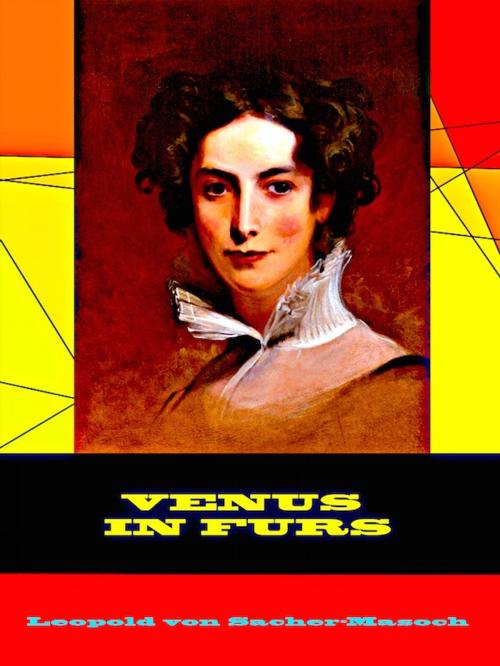



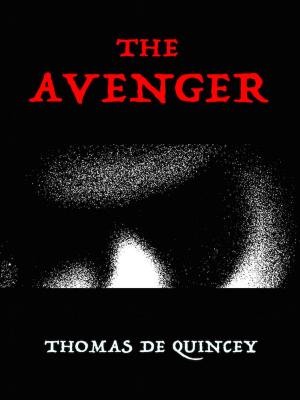

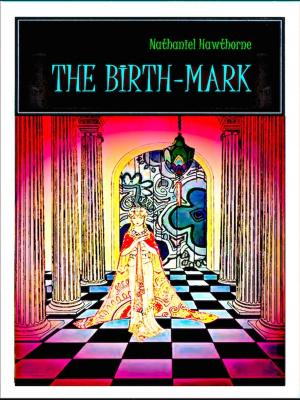
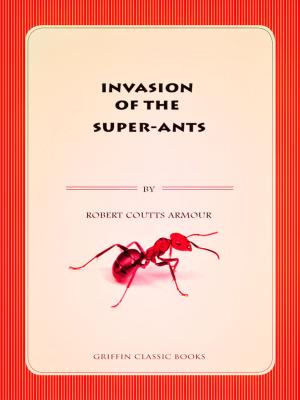




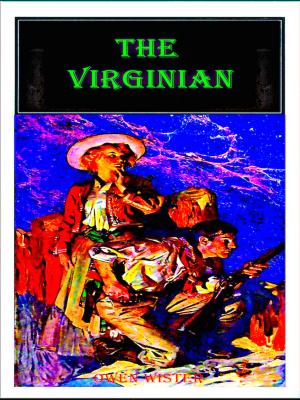
![Cover of the book Noa Noa [French language Edition] by Leopold von Sacher-Masoch](https://www.kuoky.com/images/2015/november/300x300/1230000757218-SvyP_300x.jpg)

